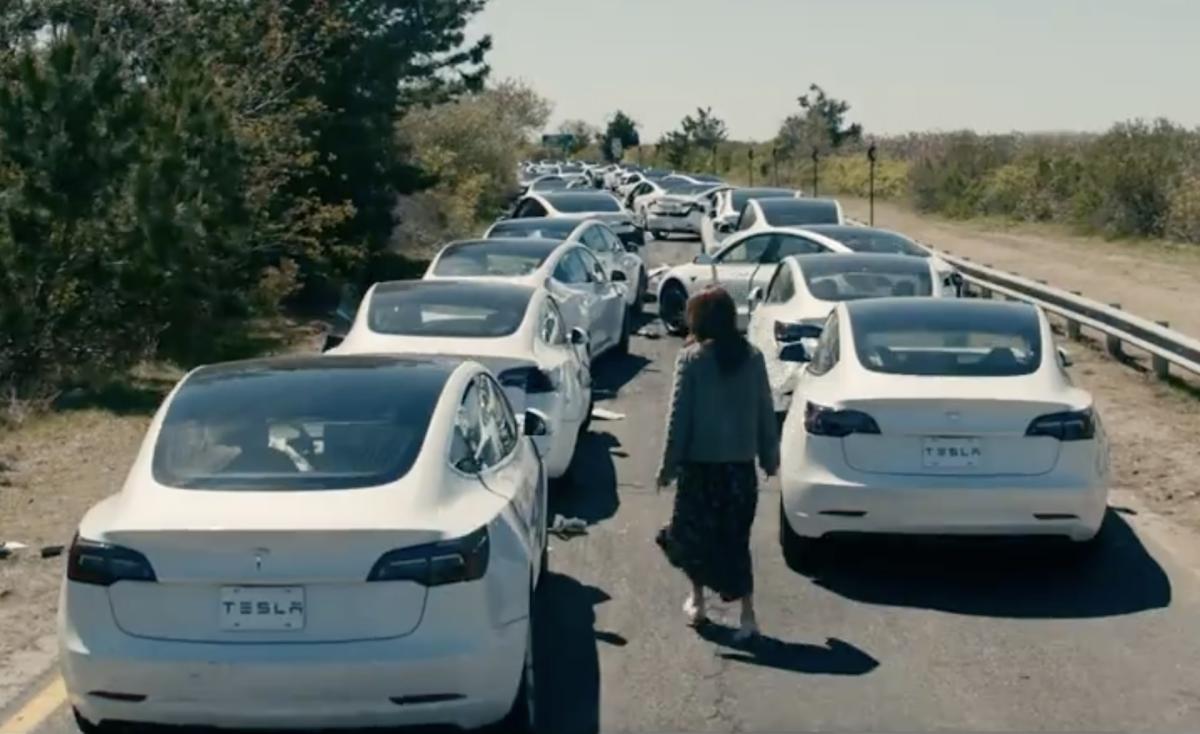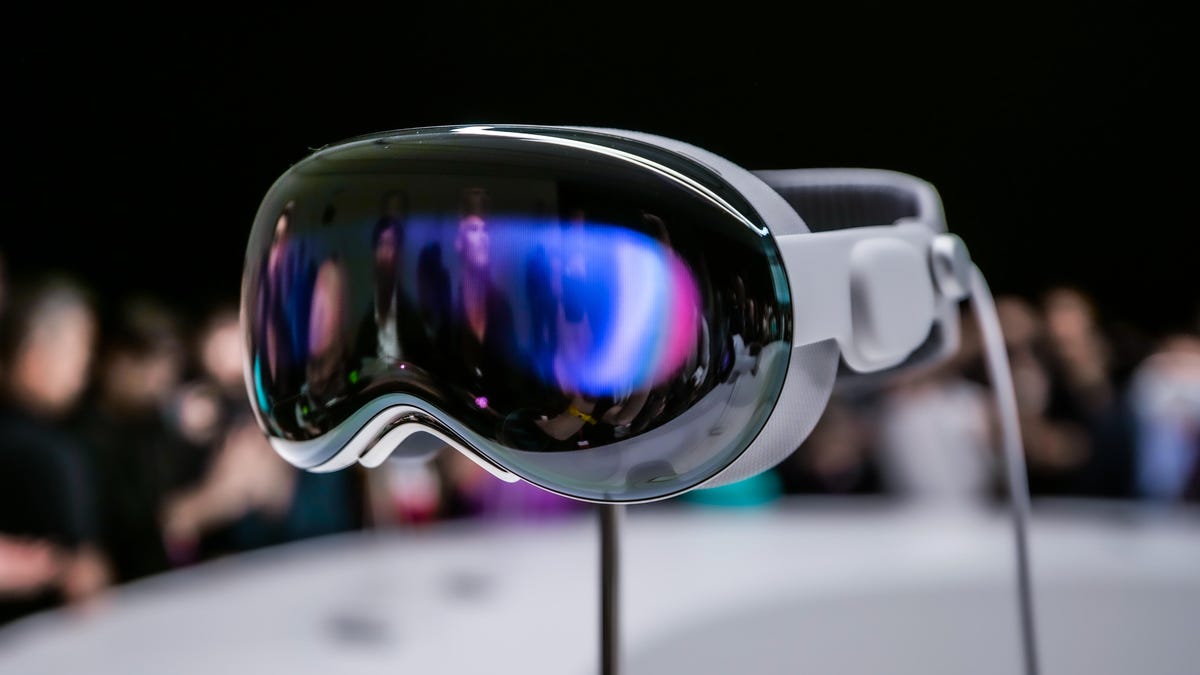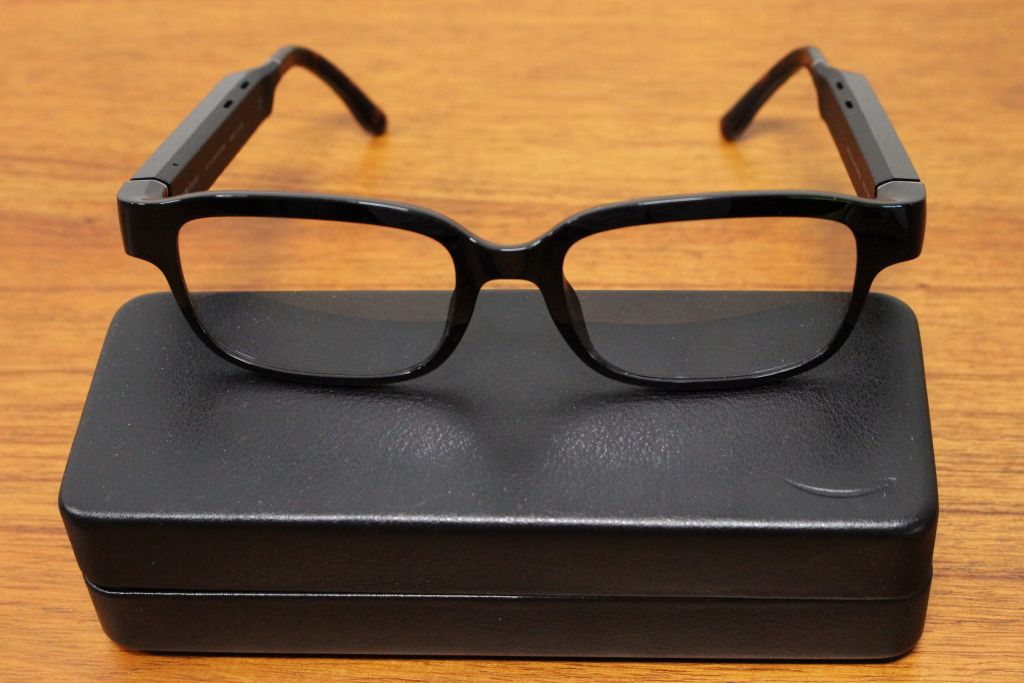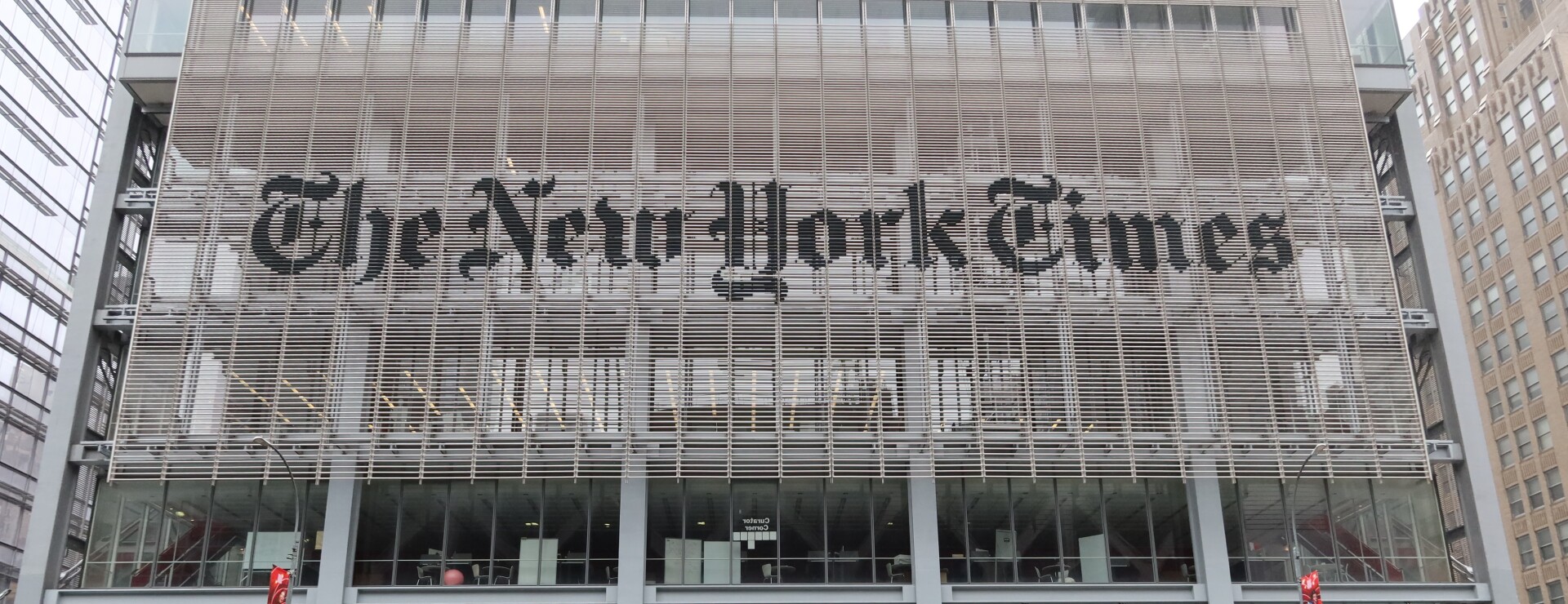- Vision Quest
- Posts
- This Week in Tech: 001
This Week in Tech: 001
January 2024: 001
Happy New Year!
Dear Humans,
Welcome to your first weekly dispatch of "This Week in Tech!" Dive into the pulse of progress as we unpack the latest breakthroughs and shifts that are defining the technological landscape.
In this week's tech news, we delve into a diverse range of topics. The gaming world is abuzz with the substantial leak of Rockstar Games' GTA 5 source code, causing significant delays and financial losses. In consumer tech, Apple's advancement in spatial 3D videos is notable for its high quality, though it faces limitations in frame rate and viewing size. The legal sphere sees The New York Times suing Microsoft and OpenAI over alleged copyright infringements in AI training practices. Lastly, the upcoming Channel 1 AI network promises a unique blend of AI-driven, personalized news reporting, sparking debates over the implications for news integrity and the future of journalism.
Entertainment
ClutchPoints reports on a significant leak of the source code for "Grand Theft Auto V" (GTA 5) by Rockstar Games. A 4.5 GB file, believed to be part of a larger 200 GB hack, surfaced on the internet, revealing not only GTA 5's source code but also undisclosed content like eight unreleased DLCs and references to other Rockstar projects, including canceled ones like "Bully 2" and "Midnight Club 5". The leak has had a considerable impact on Rockstar, causing delays in the development of "GTA 6" and substantial financial losses. It also included the exposure of over a thousand employee email addresses, although without personal data compromise. This incident adds to a series of hacks and leaks Rockstar faced in 2023.
Yahoo News discusses Elon Musk's response to a scene in Netflix's thriller "Leave the World Behind," where Tesla Model 3s are hacked and self-driven. Musk emphasized Tesla's resilience, highlighting their ability to charge from solar panels in a post-apocalyptic scenario. He also mentioned Tesla's advanced features like the Cybertruck's capabilities and its environmental benefits over traditional vehicles. The piece reflects on the growing relevance of electric vehicles (EVs) and Tesla's innovative approach in the face of futuristic challenges.
Consumer Products
The video discusses Apple's development of spatial 3D videos, viewable through VR or spatial computers. After testing the Vision Pro headset and reviewing personal spatial videos shot on an iPhone, notes the impressive quality, especially in intimate moments. However, they observe limitations like a 30 fps frame rate and a fixed-size viewing window. They express hope for future enhancements in video quality, frame rate, and possibly volumetric capture, allowing movement within 3D videos. The upcoming Vision Pro review in 2024 is also mentioned, indicating an anticipation for broader applications of this technology.
The Tech Times article compares Amazon Echo Frames 3 and Ray-Ban Meta smart glasses. Echo Frames focus on voice commands and audio functionalities without a camera or display, emphasizing a discreet design and Alexa integration. Updates include lighter design, longer battery life, and improved sound. In contrast, Ray-Ban Meta, similar to Snapchat Spectacles, focuses on content capture with a built-in camera and audio via temple speakers. Echo Frames 3 prioritize privacy and situational awareness, differing from Ray-Ban's approach, which emphasizes content creation and a convenient charging case.
The U.S. International Trade Commission banned imports of certain Apple Watch models due to a patent infringement claim by Masimo Corporation, concerning blood oxygen sensor technology. Despite Apple's appeal and redesign efforts, the Biden administration upheld the ban, significantly impacting potential sales. The ban applies to the Apple Watch Series 9 and Ultra 2, but not to other models.
Artificial Intelligence
The New York Times Co. has sued Microsoft Corp. and OpenAI Inc., accusing them of using millions of its copyrighted articles to develop AI services, including chatbots like ChatGPT. The lawsuit, filed in New York, alleges billions in damages but doesn't specify monetary demands. This marks the first major media lawsuit against AI training practices involving web-scraped text. OpenAI has previously made licensing deals with other publishers. Alongside this case, OpenAI faces lawsuits from several cultural figures. The company is also negotiating new financing at a $100 billion valuation. Microsoft, a significant backer of OpenAI, allegedly used the Times' content to enhance Bing search engine's value.
Channel 1 AI, set to launch in 2024, plans to introduce AI-generated news anchors delivering personalized content. The platform aims to present "AI native news," synthesizing information from global trusted sources. The concept was showcased in a teaser featuring AI anchors speaking multiple languages. Human editors will ensure accuracy and clarity. Channel 1 AI, co-founded by Adam Mosam and Scott Zabielski, has partnered with Chicken Soup for the Soul Entertainment and plans further collaborations. The initiative has stirred mixed reactions, highlighting concerns over fake news and journalistic integrity.




/cdn.vox-cdn.com/uploads/chorus_asset/file/24933442/236790_Apple_watch_9_Ultra_2_AKrales_0356.jpg)

